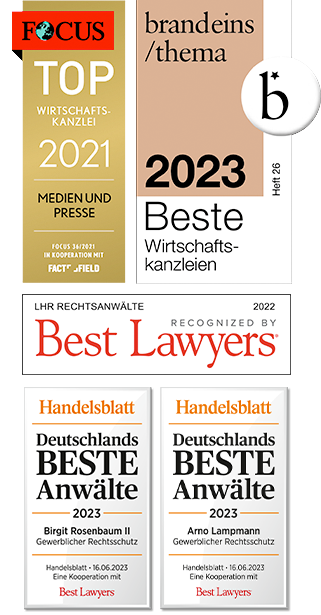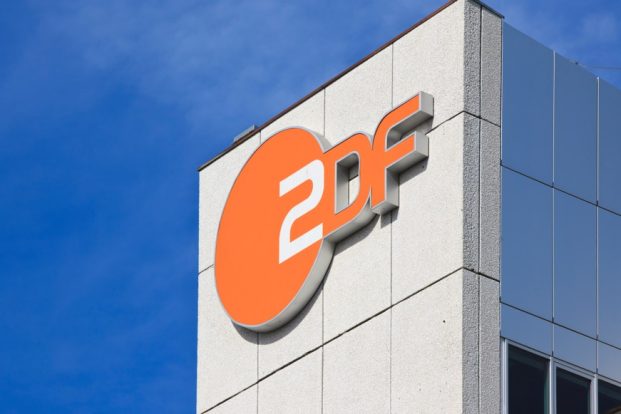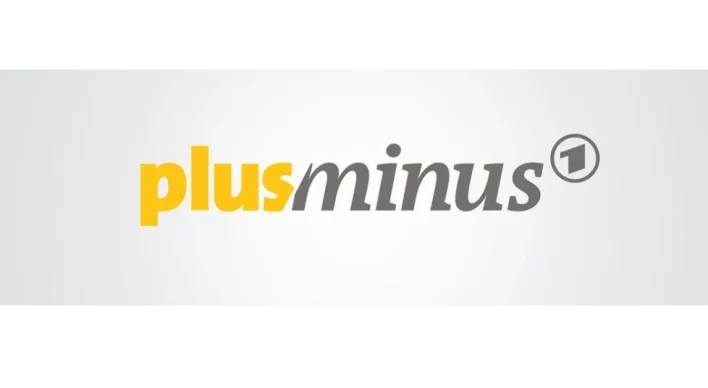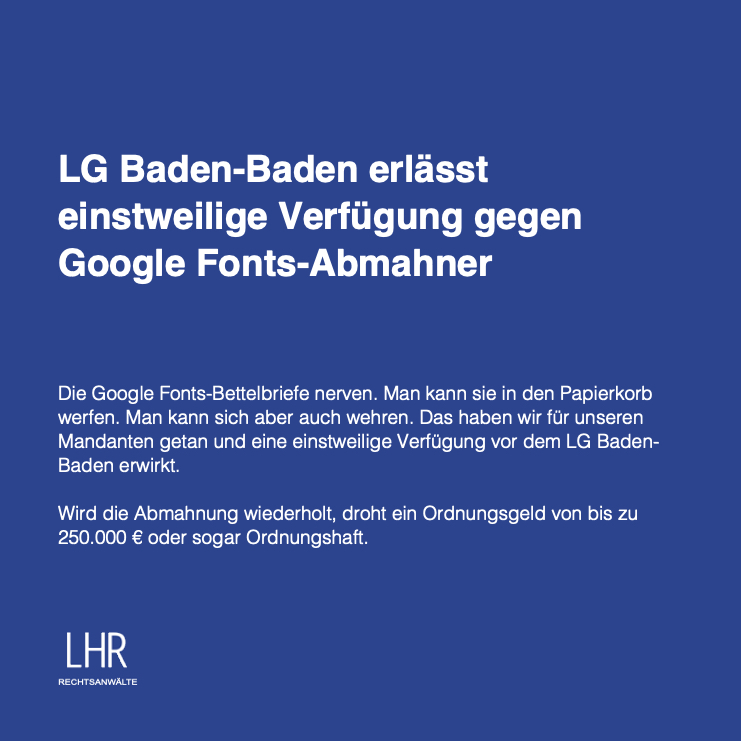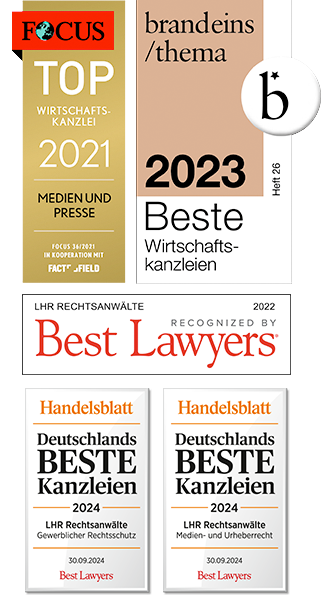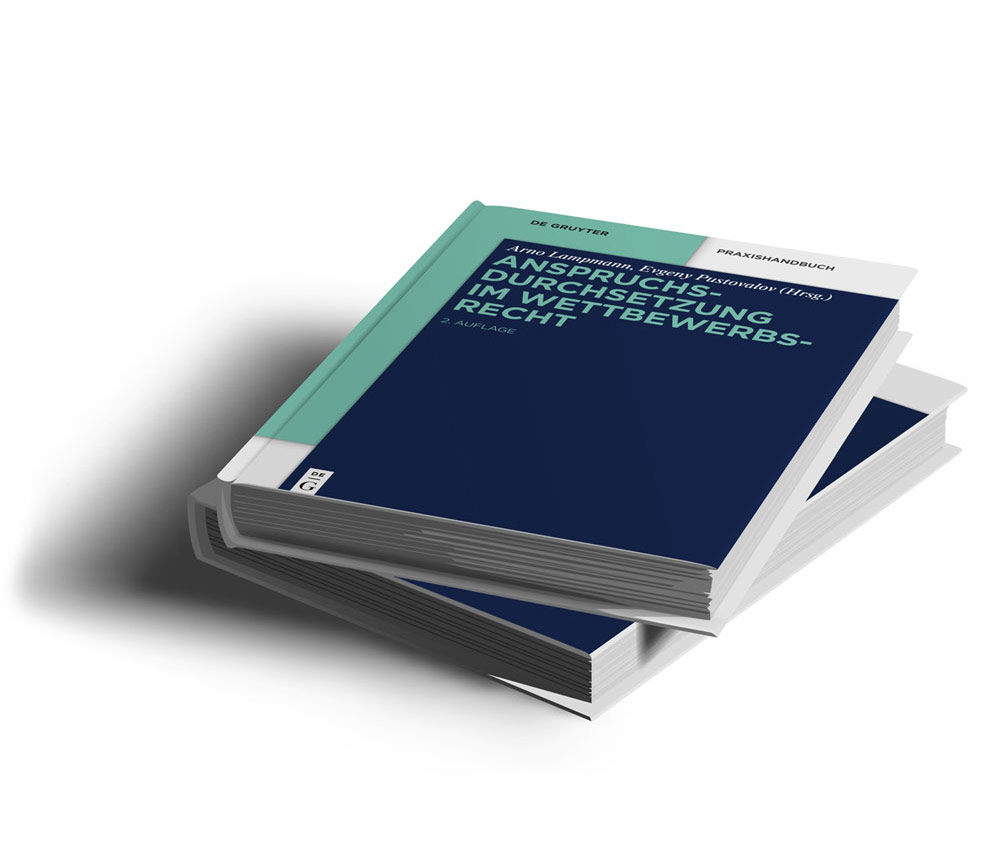German court issues temporary injunction against Swiss television

The media have the task of informing the public – also and especially about grievances and imbalances in politics and business. But there are rules – and limits. The 16th Civil Chamber of the Regional Court of Saarbrücken drew this conclusion for the Swiss Radio and Television Company in the context of proceedings for an interim injunction, which a company from Switzerland had applied for (LG Saarbrücken, Beschluss v. 12.9.2022, Az. 16 O 139/22, noch nicht rechtskräftig).
Saarbrücken Regional Court responsible
Swiss television, Swiss company, German court – how does that fit together? In this case, quite well. Because the broadcaster or its editor had not made the unlawful statements about the plaintiff company in the course of the usual reporting or investigative background analysis, but in an email to its business partner. It stated, among other things, that the company was a “dubious swindling company” and had “taken around 80 million Swiss francs from bona fide shareholders”. One recipient of this email is resident in the judicial district of Saarbrücken Regional Court. This gives it jurisdiction.
Freedom of the press does not apply to e-mails
The decisive factor is that the broadcaster or the editor responsible cannot invoke the freedom of the press, because this is about the right to inform the public about grievances. However, it was not about the public at all: the broadcaster addressed its emails directly to the company’s business partners – and such target group-specific agitation is not a task of the media, which is protected by the freedom of the press. Furthermore, according to the Saarbrücken Regional Court, there was a lack of any evidence for the allegations. In this respect, the court issued an injunction with the threat of a fine of up to a quarter of a million euros for non-compliance. That’s quite a lot, even in Swiss francs.
(Disclosure: LHR represented the applicant.)
Update, 28.2.2023
After a self-confident and eloquent objection peppered with conspiracy theories, the regional court confirmed its decision in a ruling dated February 28, 2023, with detailed reasons.
Although the research phase was also covered by the freedom of the press, the specific content of the e-mail did not serve the purpose of research, but solely to defame the applicant.
The SRF can now lodge an appeal or try its luck in the main proceedings. In any case, the reductions must still not be made.
